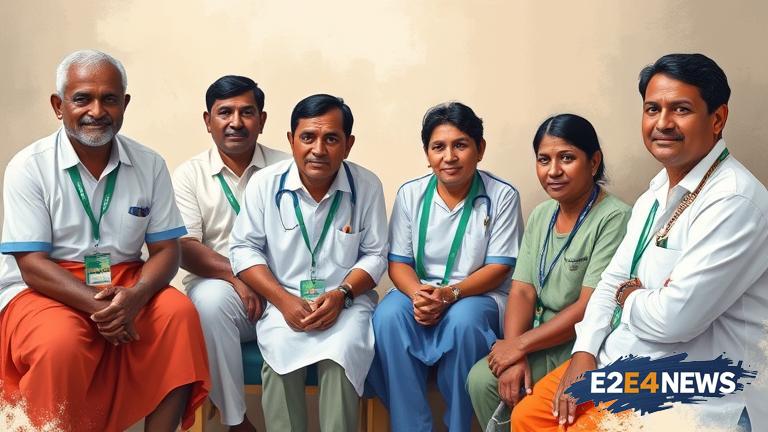The Jawaharlal Institute of Postgraduate Medical Education and Research (JIPMER) has taken a significant step towards creating awareness about the treatment of clubfoot in newborns. Clubfoot, a common congenital deformity, affects approximately 1 in every 1000 births worldwide. If left untreated, it can lead to severe mobility issues and discomfort for the affected individual. JIPMER’s initiative aims to educate parents, healthcare professionals, and the general public about the importance of early detection and intervention. The institute has been actively involved in promoting awareness about clubfoot treatment, highlighting the benefits of the Ponseti method, a non-surgical technique that has shown remarkable success in correcting the deformity. This method involves a series of manipulations and plaster cast applications, which help to gradually correct the foot’s position. JIPMER’s experts emphasize that early treatment is crucial, as it can significantly improve the chances of successful correction. The ideal time for initiating treatment is between 1-3 months of age, as the foot is most malleable during this period. Delayed treatment can lead to more complex and invasive procedures, which may not always yield optimal results. Furthermore, JIPMER’s awareness campaign seeks to dispel common myths and misconceptions surrounding clubfoot, such as the belief that it is a result of poor parenting or that it can be treated with traditional remedies. The institute’s experts stress that clubfoot is a congenital condition, and its occurrence is not related to any particular factor or behavior during pregnancy. In addition to creating awareness, JIPMER also provides free treatment for clubfoot patients, making it an invaluable resource for families who may not have access to such specialized care otherwise. The institute’s clubfoot clinic has been operational for several years, providing treatment to numerous patients and achieving impressive success rates. JIPMER’s commitment to clubfoot treatment and awareness is a testament to its dedication to providing comprehensive and inclusive healthcare services. By promoting early detection and intervention, JIPMER hopes to reduce the incidence of untreated clubfoot and improve the overall quality of life for affected individuals. The institute’s efforts have been well-received by the medical community, with many experts praising JIPMER’s proactive approach to addressing this critical health issue. As a result of JIPMER’s awareness campaign, there has been a significant increase in the number of parents seeking early treatment for their children, which is a positive step towards reducing the burden of clubfoot in the region. Moreover, JIPMER’s initiative has also inspired other healthcare institutions to follow suit, leading to a broader impact on clubfoot awareness and treatment in the country. The institute’s experts believe that a multi-faceted approach, involving awareness, education, and accessible treatment, is essential for effectively managing clubfoot. By working together, healthcare professionals, parents, and communities can make a significant difference in the lives of individuals affected by this condition. In conclusion, JIPMER’s awareness campaign on clubfoot treatment is a shining example of the institute’s commitment to improving healthcare outcomes and promoting inclusive services. As the institute continues to lead the charge in clubfoot awareness and treatment, it is likely to have a lasting impact on the lives of countless individuals and families affected by this condition.
